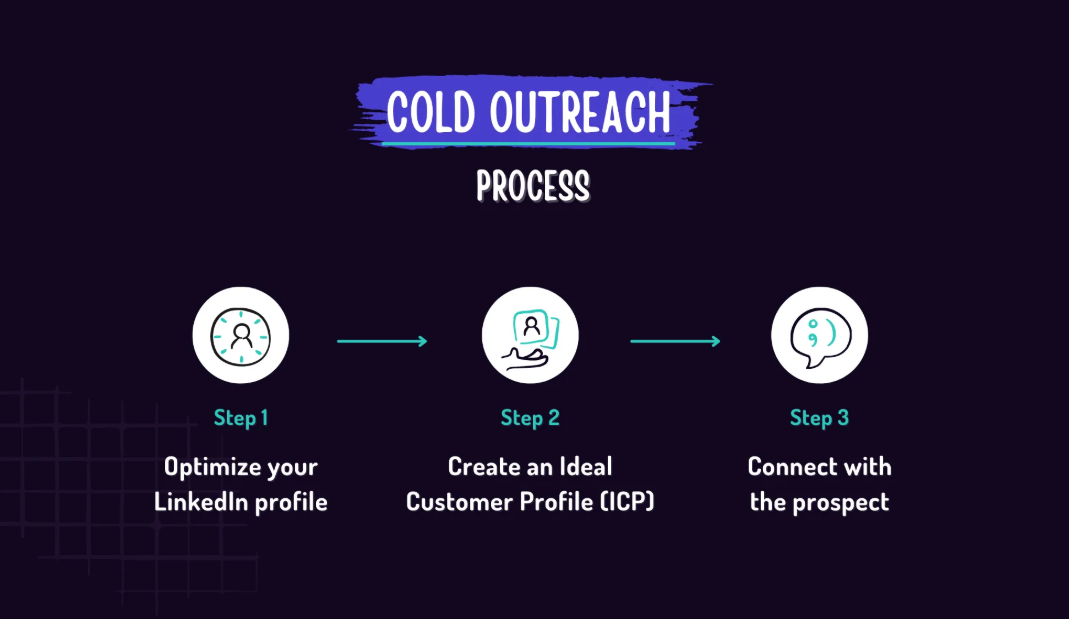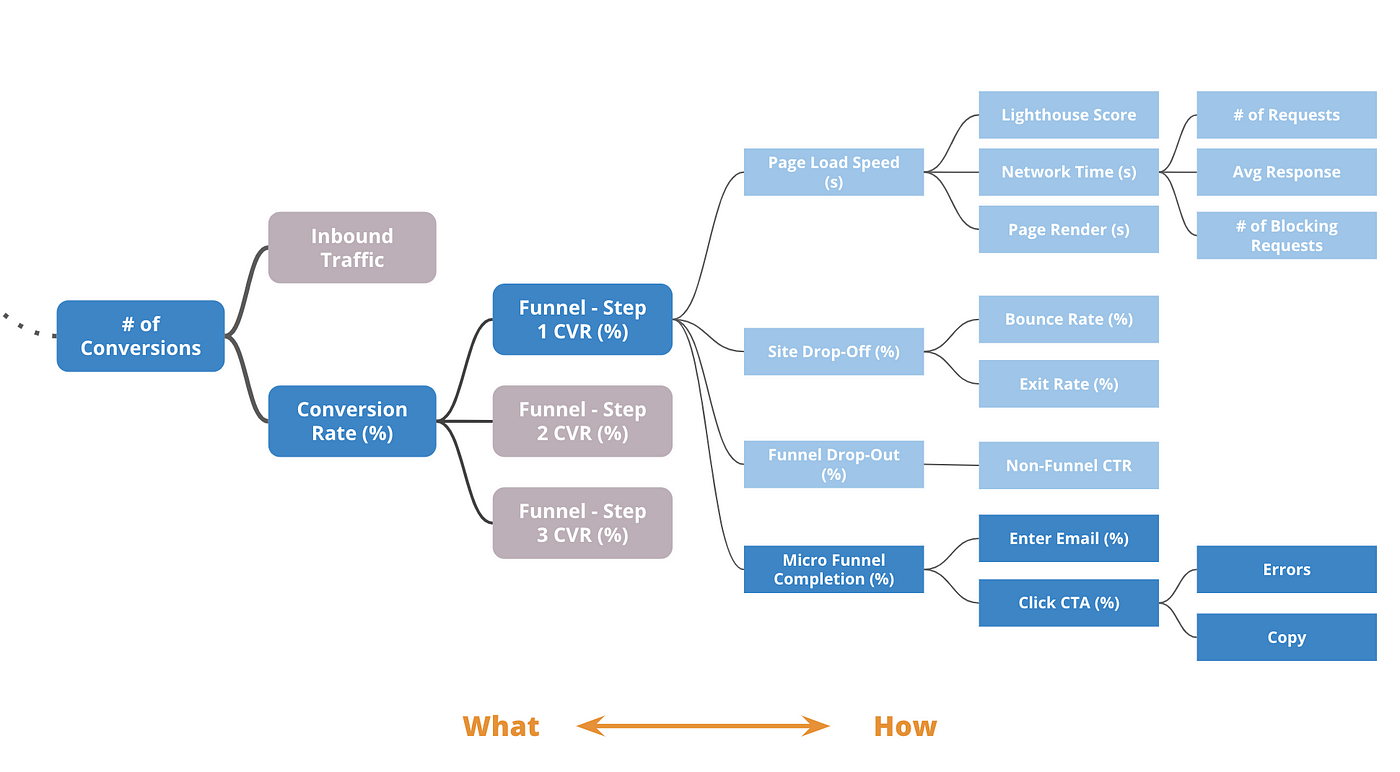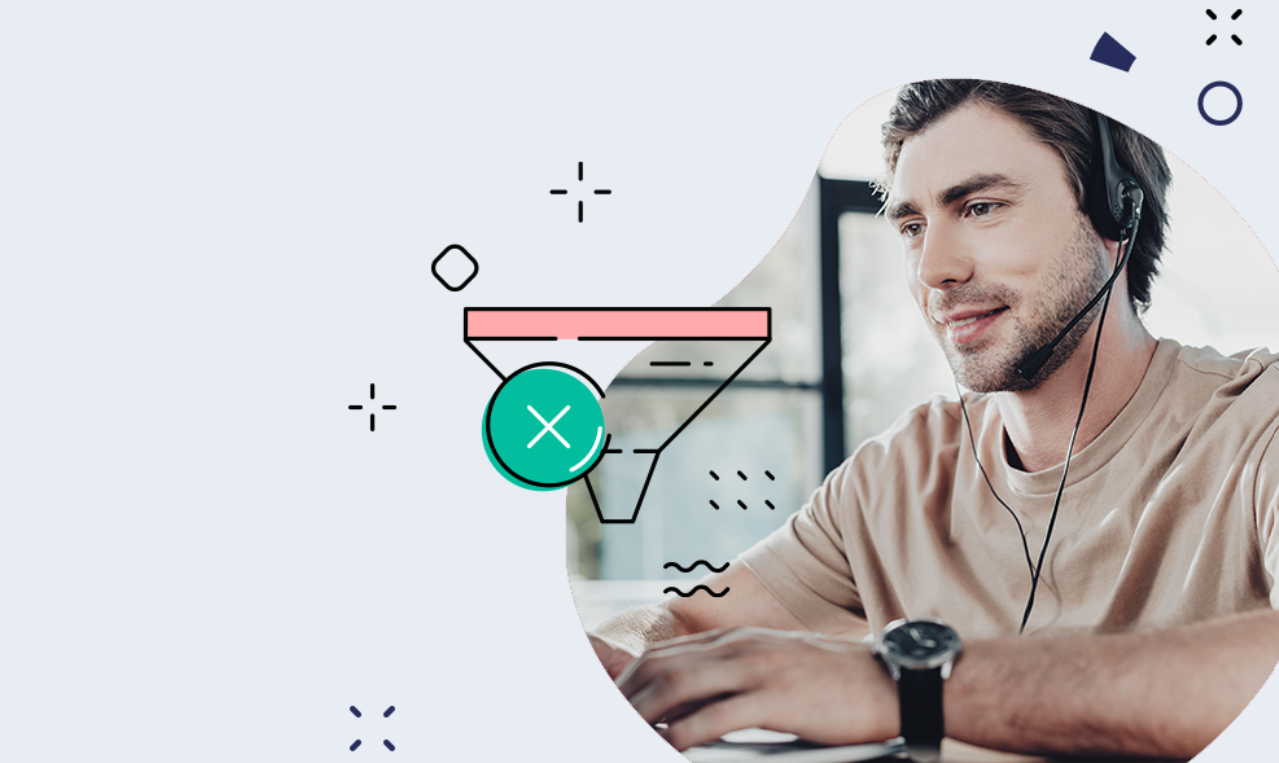
In 2025, competition for service businesses has become fiercer than ever. From coaching and consulting to health, legal, and real estate services, customers no longer make decisions on a whim. They engage in multi-stage research, consume multiple content pieces, and compare offerings before making a choice. That’s why Marketing Funnels for Services have evolved into the backbone of digital growth strategies. These funnels turn cold audiences into loyal clients with a step-by-step process tailored to service-centric decision journeys.
At DigiSwarm, we’ve helped countless service-based companies develop intelligent, automated, and high-converting funnels. Our deep understanding of Marketing Funnels for Services ensures we structure every campaign around audience intent, nurturing leads with relevant content, offers, and calls-to-action. Whether you’re a therapist, designer, chartered accountant, or interior consultant, a well-built funnel helps you convert interested browsers into booked calls or purchases with predictability.
What makes Marketing Funnels for Services different from product funnels is the relationship factor. Services are intangible and trust-heavy, requiring more education, personalization, and client-centric communication. This guide will walk you through the modern funnel stages—awareness, interest, decision, and action—and the tools and strategies needed to create them successfully.
Why Service Businesses Need Funnels More Than Ever
A well-structured funnel gives clarity and control to your marketing. Rather than relying on referrals or unpredictable inquiries, Marketing Funnels for Services create a repeatable process that attracts leads, warms them up with value, and converts them into paying clients.
Most service providers still operate reactively: posting on social media and waiting for messages. But funnels allow you to take control of your client pipeline using lead magnets, landing pages, automated emails, and retargeting ads. By the time your prospect reaches out, they’ve already been educated, qualified, and primed to book a service.
Moreover, service buying involves higher friction than e-commerce—clients want proof of expertise, clear outcomes, and emotional confidence. Funnels let you deliver this in stages, aligning perfectly with today’s digital customer journey.
Funnel Stage 1: Awareness – Attracting Colमd Prospects
The top of the funnel (ToFu) is about visibility and education. Your potential clients are just realizing they have a problem or need. At this stage, content must be informative, not salesy. Marketing Funnels for Services should begin with value-driven content that introduces your expertise.
Effective ToFu content includes:
-
Blogs answering common questions
-
YouTube videos or Instagram reels offering quick insights
-
Free checklists or guides (“5 Things to Check Before Hiring a Personal Trainer”)
-
Social media ads targeting cold audiences based on interests or demographics
This stage is where you collect emails in exchange for lead magnets, nurturing visitors into your email funnel. A strong call-to-action (CTA) at this stage is “Download Now,” “Watch Free Training,” or “Take the Quiz.” Your website and landing pages should be optimized with SEO to attract search traffic organically.
One recommended platform for creating lead magnets and landing pages is Systeme.io, which integrates funnels, email marketing, and automation under one dashboard—ideal for service businesses starting from scratch.

Funnel Stage 2: Consideration – Building Interest and Connection
Now that your audience knows who you are, it’s time to deepen the relationship. This middle-of-funnel (MoFu) stage involves education, authority-building, and trust. This is where Marketing Funnels for Services differ sharply from product-based funnels.
In this stage, your strategy should include:
-
Automated email sequences sharing case studies, testimonials, and deeper insights
-
Webinars or live demos that showcase your approach
-
Retargeting ads, reminding them of your offer or expertise
-
Free consultations or discovery calls
Email marketing is your most powerful tool here. It enables you to deliver personalized messages based on how prospects interact with your content. For example, if someone downloaded your “Business Tax Checklist,” your emails should guide them toward a consultation for business tax filing.
Make sure your CRM or email platform can segment users based on behavior. At DigiSwarm, we recommend tools like ActiveCampaign or ConvertKit for advanced email automation aligned with Marketing Funnels for Services.
Funnel Stage 3: Decision – Driving Conversions with Clear Value
The bottom of the funnel (BoFu) is where the client is almost ready to book. They’ve read your emails, seen your work, and are considering your offer. This is the moment to present a clear, compelling, and risk-free reason to act.
Content for this stage includes:
-
Limited-time offers
-
Client success videos or before/after case studies
-
Detailed service pages with pricing and FAQs
-
Calendly integration for instant appointment booking
One common mistake at this stage is over-explaining or being vague. Your CTA should be bold and confident: “Book Your 30-Min Strategy Call” or “Claim Your Free Assessment Now.” Keep forms short, remove distractions, and provide credibility indicators like badges, reviews, or guarantees.
Marketing Funnels for Services should always be conversion-optimized using heatmaps, A/B testing tools like Google Optimize, and user experience audits. Even a 5% increase in conversion rate at this stage means more clients without spending extra on ads.

Tools That Help You Build Powerful Funnels
To streamline your funnel process, it’s important to integrate the right platforms. In 2025, there’s no need for a patchwork of tools when many all-in-one solutions exist. For effective Marketing Funnels for Services, the following tools are popular and reliable:
-
ClickFunnels 2.0 – Best for custom funnel creation and tracking
-
Systeme.io – Affordable and easy to set up for solopreneurs
-
Kartra – Ideal for coaching or consulting funnels with course delivery
-
HubSpot CRM – Advanced pipeline and lead scoring for agencies or legal firms
-
Calendly – Booking automation
-
Google Tag Manager + Analytics – For funnel tracking and goal conversion
Remember, even the best tool won’t help if your message is unclear. Funnel messaging must always focus on outcomes, not features. What does your client get from your service? What problem does it solve? How is your approach different?
Common Mistakes in Service Funnels—and How to Fix Them
Many service providers unknowingly sabotage their own funnel efforts by:
-
Sending cold leads directly to a “book now” page
-
Writing copy that focuses on themselves instead of client pain points
-
Using generic testimonials that don’t convey transformation
-
Ignoring mobile optimization or site speed
To fix this, your Marketing Funnels for Services should follow this golden rule: always meet your lead at their level of awareness. A lead who’s just discovering your brand shouldn’t be asked to purchase a 6-month retainer. They need information, validation, and an offer that feels safe (like a 15-minute consult).
At DigiSwarm, we audit existing funnels and optimize every stage based on real-time analytics, ensuring you don’t leave conversions on the table.

How to Use Retargeting and Remarketing in Funnels
Often, the difference between a successful and average funnel lies in your remarketing strategy. Most people won’t convert on the first visit. But with smart retargeting, you can re-engage them across platforms and bring them back into the funnel.
In your Marketing Funnels for Services, set up:
-
Facebook and Instagram retargeting ads for users who visited your landing page
-
YouTube ads promoting success stories to previous video watchers
-
Email reminders for abandoned form fills or free consults
Use dynamic content to personalize messages. For example, “Still thinking about our coaching plan? Book your clarity call before Friday!” is far more effective than a generic follow-up.
Case Study: Funnel Success in Real Life
Let’s say a yoga therapist wants to attract local clients. She offers a free 3-video series on “Managing Back Pain with Yoga” in exchange for emails. Her emails then share stories of past client recovery, invite users to a live Zoom session, and finally offer a 1:1 consult with an early bird discount.
Within 60 days, she books 15 paid clients without spending on outbound sales. That’s the power of structured Marketing Funnels for Services.
The funnel can then be scaled with paid ads, optimized for different audiences, and even automated into a “set and grow” system.
Conclusion: Funnels That Grow with You
Marketing Funnels for Services offer a predictable, data-backed way to grow your client base in a competitive, digital-first world. From building awareness to sealing the deal with automated conversions, a good funnel creates leverage. Instead of selling 1:1, you sell 24/7 with content that’s structured to engage, educate, and convert.
At the best digital marketing firm in Dehradun, DigiSwarm, we specialize in funnel design, copywriting, automation, and performance tracking for service-based brands. Whether you’re launching your first funnel or scaling to new markets, our strategies are built to convert. Let us help you turn browsers into loyal buyers—step by step, funnel by funnel.
